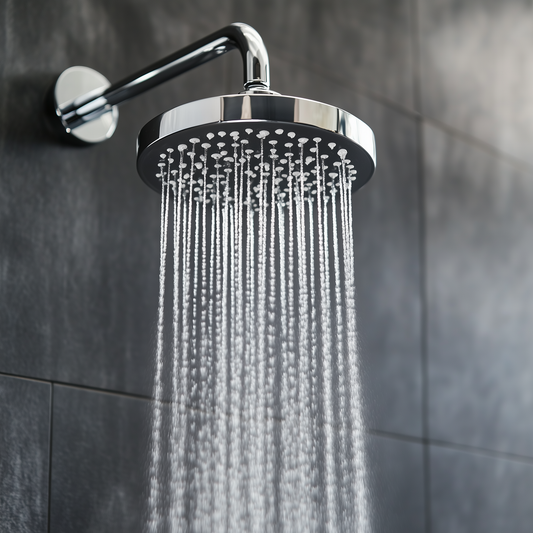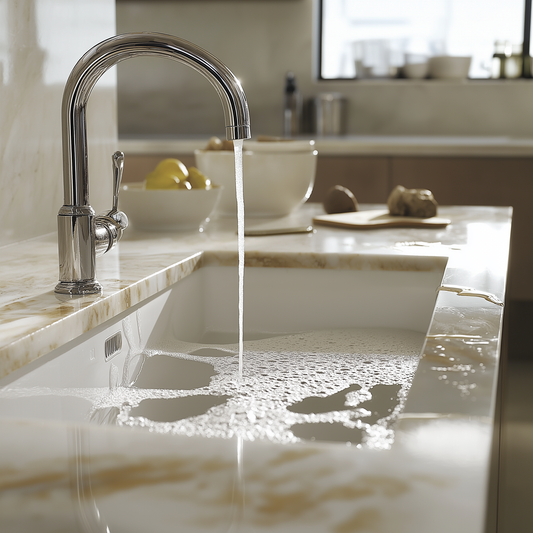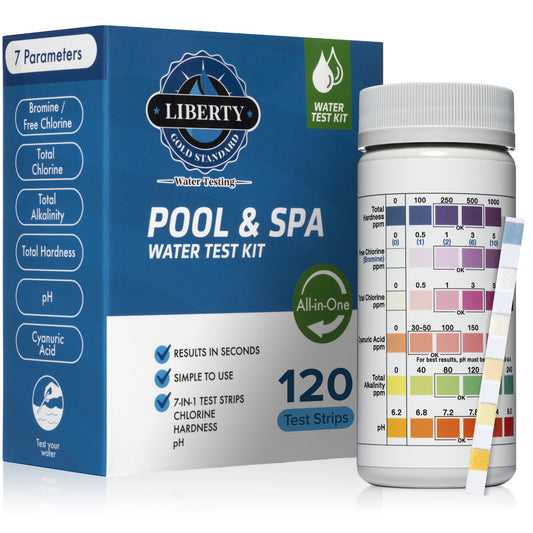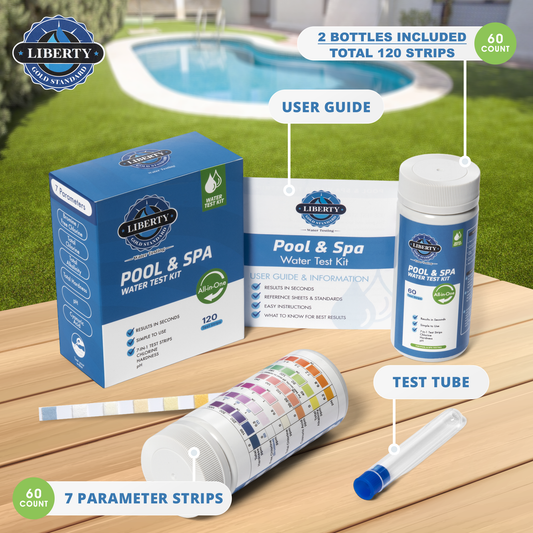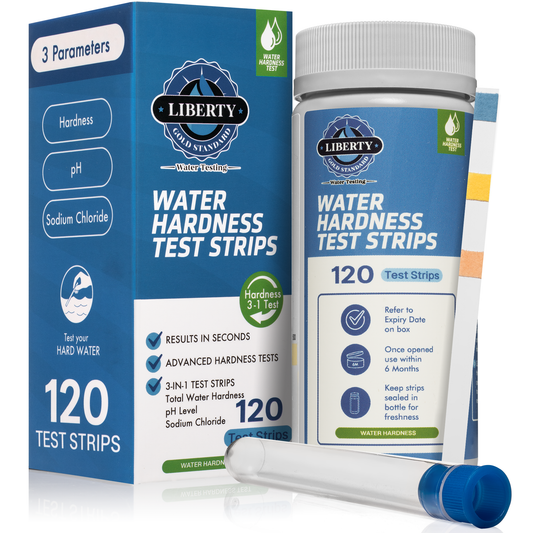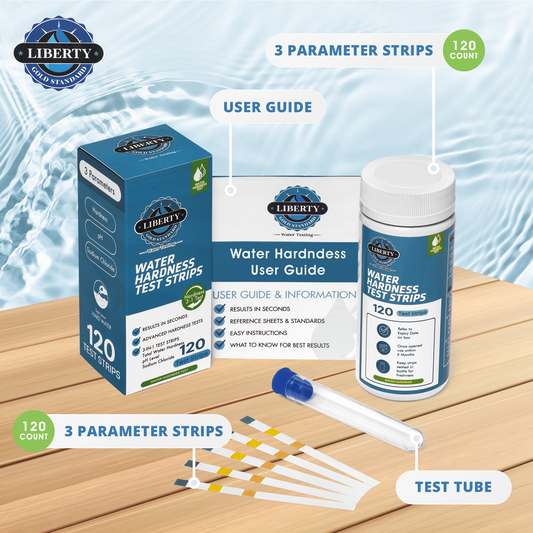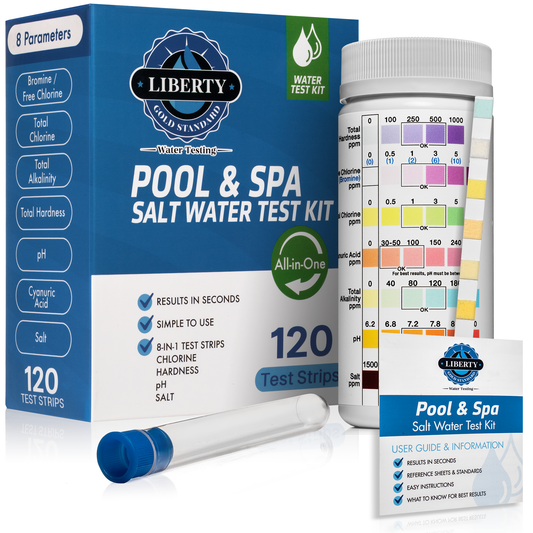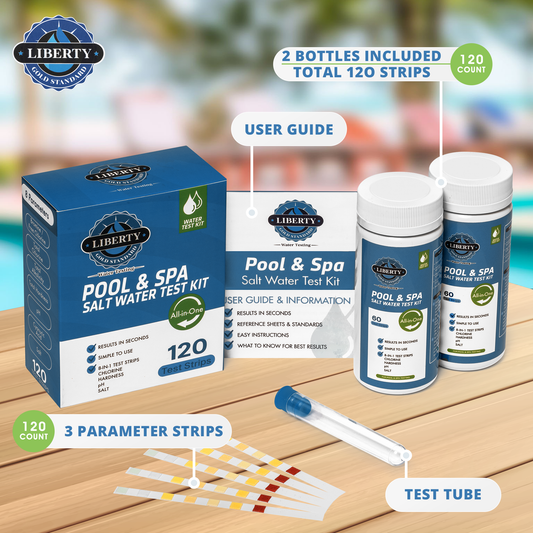We all know the importance of staying hydrated, but have you ever stopped to consider the quality of the water you're drinking? Contaminants like lead, copper, and mercury can lurk in your tap water, and while municipal water supplies are routinely tested, some contaminants can seep into your water through old pipes or private wells. Here's why testing your drinking water for heavy metals is important, and how easy at-home test kits can give you peace of mind.
Why Test Your Drinking Water?
Heavy metals can cause a variety of health problems, depending on the type of metal and the level of exposure. Lead exposure, for example, can be particularly harmful to young children and pregnant women. Regular testing is an easy way to identify any potential problems and take steps to address them.
Types of At-Home Test Kits
There are two main types of at-home test kits available for drinking water:
- Test Strips: These affordable kits are easy to use and provide quick results. They typically test for a limited number of contaminants, such as lead, copper, and chlorine.
- Lab Kits: These kits involve sending a water sample to a lab for analysis. They can test for a wider range of contaminants and provide more accurate results but cost more money and time.
Choosing a Test Kit
The best test kit for you will depend on your specific needs and budget. Consider the following factors when making your decision:
- What contaminants are you concerned about?
- How accurate do you need the results to be?
- How much are you willing to spend?
Testing Your Water
Once you have purchased a test kit, be sure to follow the instructions carefully. The process will vary depending on the type of kit, but generally involves collecting a water sample and then using test strips or vials to measure the levels of contaminants.
Taking Action
If your test results show that your water contains high levels of contaminants, there are a number of steps you can take to improve the quality of your drinking water. These include:
- Installing a water filter: There are a variety of water filters available that can remove heavy metals and other contaminants from your water.
- Flushing your pipes: If you are concerned about lead contamination, flushing your pipes for a few minutes before using the water can help to reduce lead levels.
- Drinking bottled water: If your tap water is not safe to drink, you can switch to bottled water.
Testing your drinking water is an easy and affordable way to ensure that you and your family are drinking safe, healthy water. By taking action to address any contaminants that are found, you can help to protect your health and well-being.



